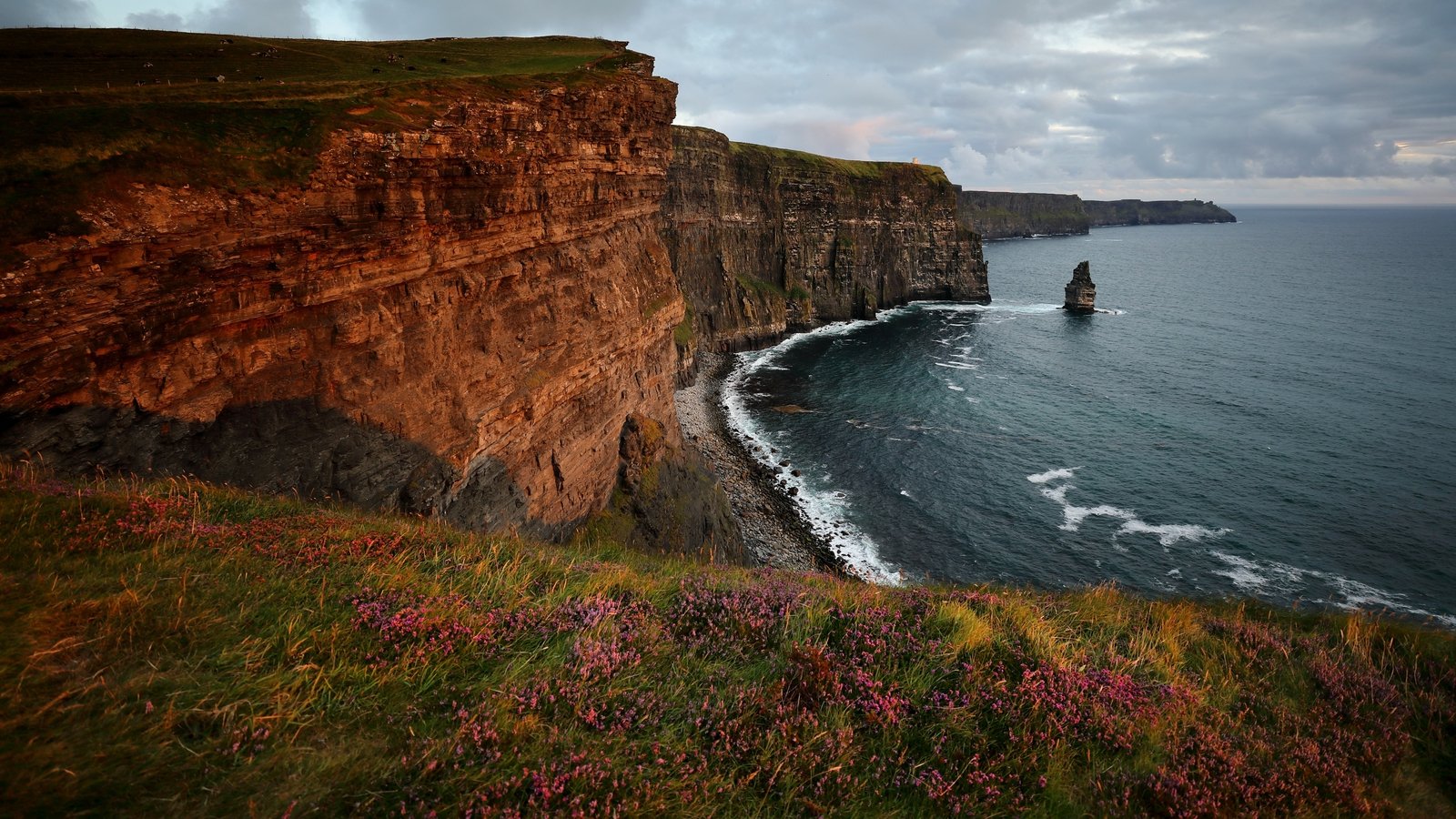Just €200,000 of a €2 million Fáilte Ireland grant that was intended to directly help tourism businesses affected by bed shortages in their areas was paid out.
The remaining €1.8 million was reallocated to the authority’s own campaigns as just five businesses out of 19 that applied were approved for the funding.
The Business Support Grant for Activities and Attractions was announced in Budget 2024 to help businesses situated in areas where more than 15% of accommodation is being used to support Ukrainian refugees.
The areas outlined as meeting that criteria were counties Mayo, Westmeath, Clare, Donegal, Leitrim, Offaly, Cavan, and Wicklow, as well as 27 local electoral areas across other counties.
To qualify for the grant, a business had to be located in one of these areas and had to have had a 30% drop in turnover in 2023 when compared to its “inflation adjusted” turnover in 2019.
Fáilte Ireland said that fewer businesses than it had initially anticipated qualified to receive the grant.
It said that the €200,000 that was awarded went mostly to water-based activity businesses based in Clare, Donegal, Mayo, and Wexford, while the remaining €1.8 million was later redirected and split across a summer daycation campaign, a domestic online travel agent campaign, and on a domestic destination promotion as part of another campaign.
The €2 million grant fund had been part of an overall €10 million programme aimed at supporting businesses and areas that faced “particular challenges linked to the reduction in footfall in regions most impacted by tourism bed-stock displacement”.
The other €8 million was put into Fáilte Ireland marketing campaigns, digitalisation, and careers in tourism with a focus on these areas.
According to the CSO, over 107,000 Ukrainians arrived in Ireland since March 2022.
Council areas where most are accommodated include Kerry (6,195), Donegal (3,956), and Cork County (3,018).
In terms of population, the Ennistymon electoral area in Co Clare has seen the biggest change with Ukrainians now making up 12.48% of people living there.
Kenmare in Co Kerry is the next highest with 10.48%.
According to Fáilte Ireland data, 25% of tourism beds in Co Clare are contracted to the Government, the highest percentage of any county.
CEO of Ennis Chamber in Co Clare Margaret O’Brien said that she is disappointed to hear only five businesses in Ireland have received approval for the grant.
She said that around 11% of Clare’s economy depends on tourism, and that some businesses came close to the criteria but just missed out.
Ms O’Brien told RTÉ’s This Week: “Talking to some of the businesses that had applied and weren’t successful I think the feeling was that there were very strict rules and they were observed to the letter.
“I have heard of businesses that had to show they were 30% down over a given period and one business was only 1% or 2% away from that and they were turned down on that basis.
“There was one business that would have definitely met the criteria of being 30% down and the only hotel in their village is completely in contract, but they just weren’t in the right electoral division to make the application so they weren’t considered.
“It’s disappointing, I think when the numbers were so low it’s a shame that they didn’t revisit the criteria and maybe open it up a bit more and look at the people they rejected.
“I think they would have learnt a lot from that if they looked at the people they rejected and saw how close some of them were and how deserving some of them were,” she added.
‘More flexibility should have been shown’
In Co Cork, only businesses in the Midleton and Cork City North West electoral areas were deemed eligible to apply.
Fianna Fáíl TD for West Cork Christopher O’Sullivan said that he believes more flexibility should have been shown when it came to who qualified for funds.
“We are hearing throughout many parts of the country that visitors are down, international visitors are down and UK visitors in particular, which were such an important part of the tourism economy here in west Cork.
“That’s obviously having an impact and a lot of these activity-based tourism businesses. So it was vital that supports were identified and supports went into these businesses.”
Previously, questions had been asked over the grant’s exclusion of the hospitality sector, with Fine Gael’s Alan Dillon last December telling the Dáil it was a “major concern”.
Restaurants, cafes, and pubs in the outlined areas were told they could only apply for funds through the Department of Enterprise’s Increased Cost of Business grant scheme.
That consisted of a once-off payment which was calculated based on commercial rates, with a maximum of €5,000 given to any one business. It was not specific to places that had been affected by accommodation shortfalls.
CEO of the Restaurants Association of Ireland Adrian Cummins said that he believes pubs, cafes, and restaurants should have been allowed to apply for the Fáilte Ireland grant.
“This is a prime example of a scheme that was designed not to work and not to help those businesses in need in terms of the original issue that was that towns and villages across the country have seen tourist accommodation displacement due to Government contracts given to hotels,” he said.
“This fund was designated to help support downstream businesses that saw their level of income drop.
“Out of the €10 million fund that was initially announced, we’re only seeing €200,000 of that going to actual businesses.
“Other businesses that are affected like pubs, restaurants, and cafes, have had no opportunity to access any fund.
“And they should have been allowed to access the remaining amount of money that was left there instead of it going back into a State agency.”

